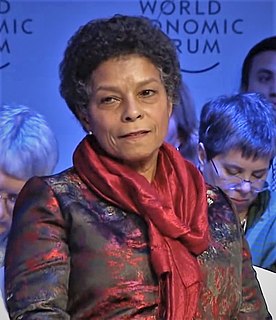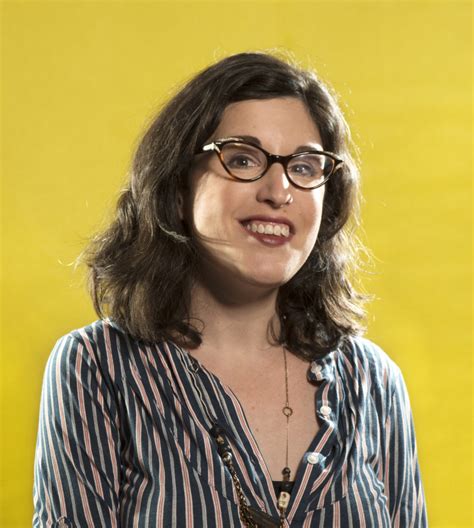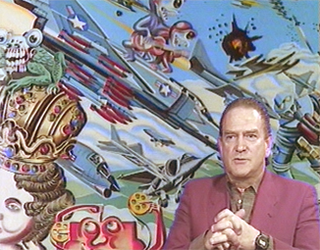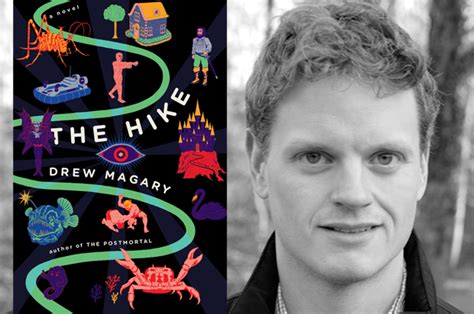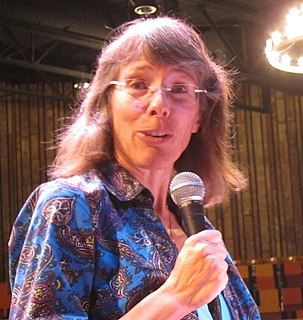A Quote by Larry Flynt
I don't think many people anticipated how the Internet was going to revolutionize the way we disseminate information.
Quote Topics
Related Quotes
Electronic medical records are, in a lot of ways, I think the aspect of technology that is going to revolutionize the way we deliver care. And it's not just that we will be able to collect information, it's that everyone involved in the healthcare enterprise will be able to use that information more effectively.
Book culture has also become something that's kind of incredible to younger people now, because of the Internet. If you go to any of the book fairs - PS1 or the MOCA Book Fair - none of the people are over the age of 40 years old there, and they trade and buy books, because they're almost antiquities at this point. They're not really important, in a way, because the Internet is how information is taken in.


